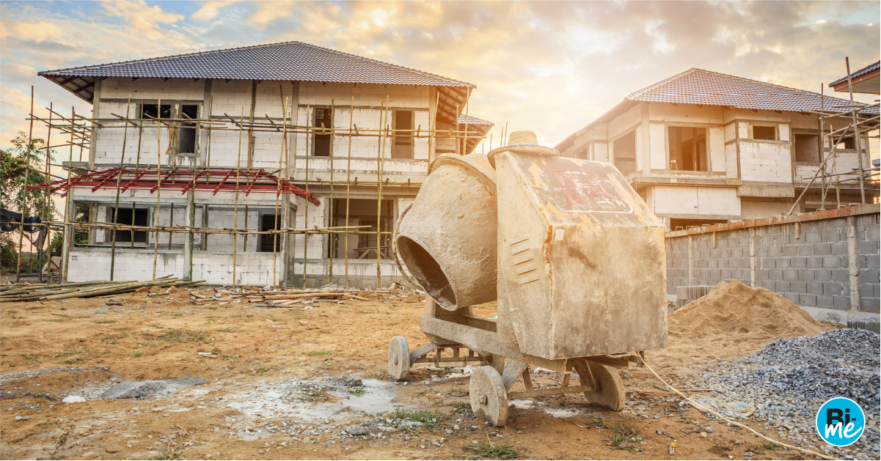Contractors All Risk (CAR) insurance is an essential component of any construction project, as it offers comprehensive protection against a wide range of risks and uncertainties that may arise during construction. This article will guide you through the crucial factors to consider when purchasing CAR insurance, ensuring that you make an informed decision and obtain the best possible coverage for your specific needs.
Understanding Contractors All Risk Insurance
Before diving into the specifics, it is crucial to understand what CAR insurance is and why it is vital for construction projects. Briefly, CAR insurance is a specialized form of insurance designed to protect contractors and project owners against potential financial losses resulting from accidents, damages, or other unforeseen events during the construction process. This insurance typically covers:
- Material Damage: Protection against physical loss or damage to the project works, including any temporary structures, machinery, or equipment on-site.
- Third-Party Liability: Coverage for legal liability arising from accidental injury or property damage to third parties during construction activities.
For more information on what CAR insurance entails, refer to our detailed article.
Key Factors to Consider When Purchasing CAR Insurance
To ensure that you select the most appropriate and comprehensive CAR insurance policy, consider the following factors:
1. Policy Coverage
Evaluate the extent of coverage provided by each policy, ensuring it meets your specific project requirements. The policy should cover both material damage and third-party liability, as well as any additional coverages that may be relevant to your project, such as:
- Public Liability: Public liability coverage is a vital component of CAR insurance, as it protects against legal liability resulting from accidental injury or property damage to third parties during construction activities
- Removal of Debris: The removal of debris coverage under your CAR insurance policy covers the costs which was reasonably incurred for the removal of
- Surrounding Property: Surrounding property coverage is an essential component of your CAR insurance policy, as it provides protection for accidental damage to neighbouring properties during the construction process.
2. Policy Exclusions
Understanding policy exclusions is vital, as they outline the circumstances under which the insurer will not provide coverage. This is especially important for CAR insurance. This is as the name implies, an all risk cover, dictating that items are covered subject to it not being excluded. Common exclusions include:
- Amy deductibles as per the schedule
- Gradual wear and tear or deterioration
- Defective design, materials, or workmanship
- Pre-existing damage
- Acts of terrorism or war
- Loss of or damage to construction plant ,cranes and tools
Ensure that you are aware of these exclusions and consider purchasing additional coverage if necessary to mitigate any potential risks.
3. Policy Limits and Deductibles
Policy limits define the maximum amount that the insurer will pay for a single claim or in aggregate throughout the policy period. Ensure that the policy limits are sufficient to cover the total value of your construction project and any potential liabilities.
Deductibles, on the other hand, represent the amount you must pay out-of-pocket before the insurer covers the remaining costs. Choose a deductible that strikes the right balance between affordability and adequate protection.
4. Insurer’s Reputation and Financial Stability
Selecting a reputable and financially stable insurer is crucial, as it ensures that they have the resources to pay claims promptly and efficiently. Research the insurer’s financial ratings, customer reviews, and claim settlement history to assess their reliability and trustworthiness.
5. Premium Rates
Compare premium rates from multiple insurers, taking into account the coverage, policy limits, deductibles, and any additional endorsements. While the cheapest option may be tempting, it is essential to prioritize comprehensive coverage and financial stability over cost alone.
6. Customization and Flexibility
Look for a CAR insurance policy that offers customization and flexibility to meet your project’s unique requirements. This may include options to adjust coverage limits, extend the policy period, or add endorsements for specific risks.
Conclusion
In conclusion, when purchasing Contractors All Risk insurance, it is essential to consider policy coverage, exclusions, limits, deductibles, the insurer’s reputation, premium rates, and customization options. By carefully weighing these factors, you can ensure that you obtain the most suitable
Bi-me can provide you with an instant online quote within minutes.
*This is general information only and does not take into account your financial situation, needs, or specific objectives. As with any insurance, the cover will be subject to the terms, conditions, and exclusions contained in the policy wording.

